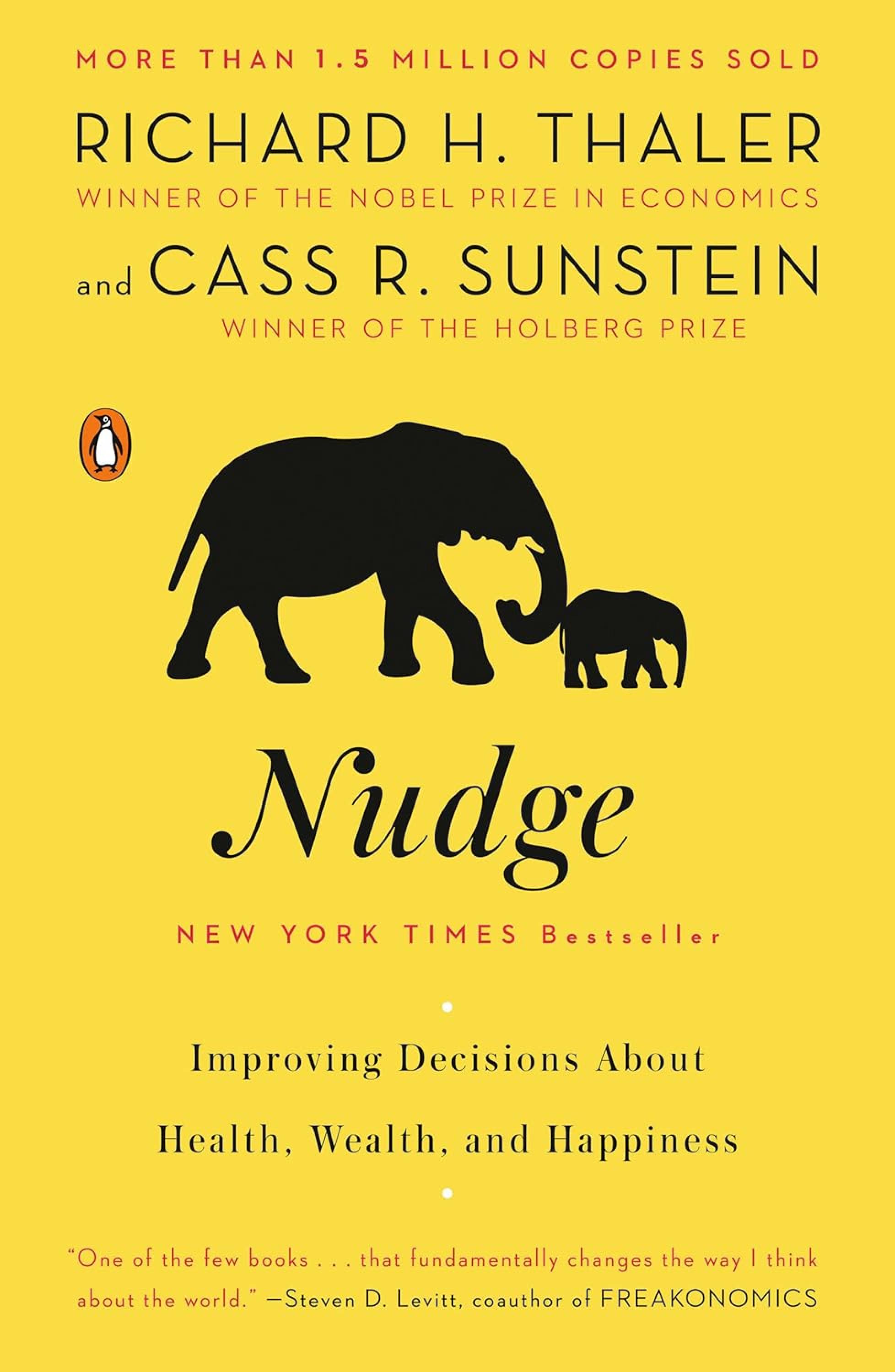“Your choice is never in a vacuum,” says Sophie Attwood, a senior behavioural scientist at the non-profit World Resources Institute, based in Washington, which works on climate solutions.
“Your choices are always being nudged, whether it’s nudged for the profit motive of the company, or for the environmental motive of the company.”
Even if emissions from fossil fuels were to disappear overnight, food emissions alone would still prevent the world from limiting warming to 1.5 degrees Celsius, as outlined in the Paris Agreement, according to research published in Science.
But as climate solutions become increasingly politicised, institutions are keen to avoid framing individual changes as sacrifices. Forcing or telling people to reduce their meat consumption for the sake of the planet is still something of a third rail.
The same goes for taxing environmentally unfriendly foods – an effective tool but politically fraught. Nudges, on the other hand, can be rolled out without any vote, any debate or even much attention.

With roots in psychology, nudge theory was named in, and popularised by, the 2008 book Nudge: Improving Decisions about Health, Wealth and Happiness, written by University of Chicago economist Richard Thaler and Harvard Law School professor Cass Sunstein.
The duo argued that small interventions that do not restrict people’s overall options can be powerful levers for changing behaviour.
Nudge theory also has a strong track record in other areas. Some countries use nudges to get people to pay more in taxes, for example, by including messaging in tax bills that highlights their benefits or the penalties for avoiding them.

Nudge theory has been deployed to help people eat healthier food by, for example, reducing the size of plates at a buffet.
Many have already been embraced by companies, public institutions and local governments.

Here are some examples:
-
A number of Nordic countries are testing nudges at a plant-based transition. In Denmark, the government is putting money into a project that will develop and test nudges at conferences. And in Oslo, Norway, which aims to slash national emissions by 95 per cent by 2030, meat-free meals are served by default at public functions.
-
New York plans to help institutions like Columbia University and the New York Botanical Garden adopt nudges and plant-forward defaults as part of a plan to slash food-related carbon emissions by a quarter by 2030. New York’s 11 public hospitals also serve patients plant-based food as the main option.
-
UC San Diego Health, which runs three hospitals in California, has been taking out some meat in the hospitals’ cafeterias and replacing it with plant-based ingredients, in dishes including vegetable Wellington or mushroom Stroganoff. The health system says it has cut its red meat purchases by 13 per cent since 2017, and has seen a 35 per cent decline in food-related emissions..

-
Google’s employee cafes already frequently place meat at the end of the buffet line, encouraging diners to load up on everything else first. A trial at four of its sites found that using more appealing names for plant-based dishes – Wine Simmered French Vegetable Medley Soup, for example – led to a significant rise in their uptake.
-
Food services giant Sodexo North America plans to expand its plant-based default dining to serve 1 million students on almost 400 university campuses. The company ran a pilot programme across three universities, and saw an average 24 per cent reduction in emissions when plant-based dishes were served by default and meat were options available only on request.

Plant-based nudges appeal because they can change food habits without getting bogged down in culture-war debates or political polarisation, says Jennifer Channin, executive director at the Washington-based non-profit Better Food Foundation. It works with Sodexo and others to create a world where plant-based food is the norm.
“There’s a lot of large-scale change that we could achieve in any of the institutions where food is served,” she says. “Nudges are more than just quiet and discreet. They’re actively changing people’s attitudes in a positive direction towards plant-based foods.”







